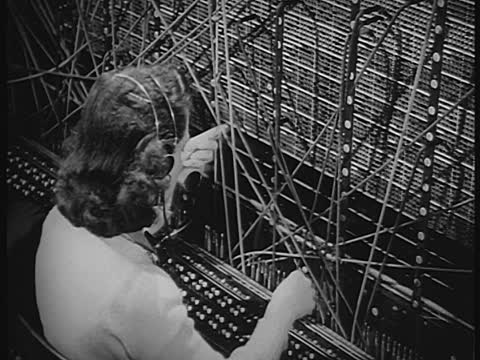Our site at OODAloop.com is dedicated to improving the art and science of business decision-making. We cover advances in technology, the dynamics of global geopolitics, the nuances of the cyber threat, and provide deep insights into market trends.
The site also hosts a special series on the Intelligent Enterprise, which provides best practices and guides for business leaders seeking competitive advantage through better and more accurate decision-making.
Posts in this series include:
A Practitioner’s View of Corporate Intelligence
This post is part of a series providing insights aimed at corporate strategists seeking competitive advantage through better and more accurate decision-making.
Organizations in competitive environments should continually look for ways to gain advantage over their competitors. The ability of a business to learn and translate that learning into action, at speeds faster than others, is one of the most important competitive advantages you can have. This fact of business life is why the model of success in Air to Air combat articulated by former Air Force fighter pilot John Boyd, the Observe – Orient – Decide – Act (OODA) decision loop, is so relevant in business decision-making today.
In this business model, decisions are based on observations of dynamic situations tempered with business context to drive decisions and actions. These actions should change the situation meaning new observations and new decisions and actions will follow. This all underscores the need for a good corporate intelligence program.
Optimizing Corporate Intelligence
Actionable recommendation on ways to optimize a corporate intelligence effort. It is based on a career serving large scale analytical efforts in the US Intelligence Community and in applying principles of intelligence in corporate America.
Corporate Intelligence In The New Age
We strongly encourage every company, large or small, to set aside dedicated time to focus on ways to improve your ability to understand the nature of the significantly changed risk environment we are all operating in today, and then assess how your organizational thinking should change.
As an aid to assessing your corporate sensemaking abilities, this post summarizes OODA’s research and analysis into optimizing corporate intelligence for the modern age.
C-Suite Considerations Regarding Current Geopolitical Tensions
Something is different in the geopolitical situation today. The reasons are probably a combination of factors that include the pandemic, the rise of the global grid of cyberspace, plus the payoff of years of planning and strategic moves by our adversaries. But whatever the reasons, the world today is more complicated and more dangerous than the world of just a year ago, and in many cases the risks being faced by open societies have never been seen before. The changes are so significant, OODA recommends all business leaders take stock of the geopolitical situation and assess how the nature of these changes should impact your business strategy.
“The world is a more dangerous and complicated place than it was just a year ago. Your corporate strategy and defensive posture needs to reflect that”
Kathy and Randy Pherson, Authors of Critical Thinking for Strategic Intelligence
Kathy and Randy Pherson are authors of the book Critical Thinking for Strategic Intelligence. Both had successful careers in the US Intelligence Community. While they were at the CIA they pioneered new methods of risk analysis and analytical methods, and helped bring those methods to widespread adoption in the community. Both are also successful business leaders who created companies that build value for others. Their focus in business is on helping others improve their analytical methods. They write about and teach best practices in analysis.
Useful Standards For Corporate Intelligence
Provides best practices and actionable information you can use to improve and professionalize your corporate intelligence activities. This post discusses standards in intelligence, a topic that can improve the quality of all corporate intelligence efforts and do so while reducing ambiguity in the information used to drive decisions and enhancing the ability of corporations to defend their most critical information.
An Executive’s Guide To Cognitive Bias in Decision Making
Cognitive Bias and the errors in judgement they produce are seen in every aspect of human decision-making, including in the business world. Companies that have a better understanding of these cognitive biases can optimize decision making at all levels of the organization, leading to better performance in the market. Companies that ignore the impact these biases have on corporate decision-making put themselves at unnecessary risk. This post by OODA Co-Founder Bob Gourley provides personal insights into key biases as well as mitigation strategies you can put in place right now.
 The study of cyberwar is more important now than it has ever been. Over the last 20 years we have witnessed cyberwar evolve from an obtuse but prescient concept to a theoretical possibility to a world of constant cyber attacks to today, where all war has cyber components. All war today is cyber war, and all conflict is cyber conflict.
The study of cyberwar is more important now than it has ever been. Over the last 20 years we have witnessed cyberwar evolve from an obtuse but prescient concept to a theoretical possibility to a world of constant cyber attacks to today, where all war has cyber components. All war today is cyber war, and all conflict is cyber conflict.
 From the 1930s to 1950s (far too long) the medical community just would not wake up to the fact that cigarettes could cause harm (see
From the 1930s to 1950s (far too long) the medical community just would not wake up to the fact that cigarettes could cause harm (see 
